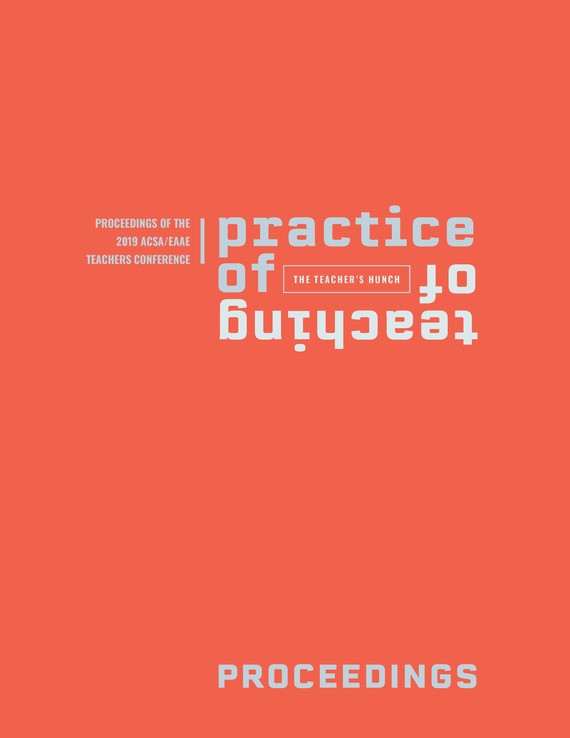Author(s): Cristina C. Murphy & Carla Brisotto
In May 2017, the AIA honored Paul R. Williams with a Gold Medal. At the ceremony, his granddaughter advocated for an architectural education that is more just throughout ethnicity and genders, a call that was stated fourteen years earlier by Melvin Mitchell when he noted that “black America is entering the twenty-first century with a shortage of […] black […] architects.” Unfortunately, Mitchell’s question of “what those […] missing black architects must do toward the furtherance of the cultural and socio-economic agenda of today’s Black America” has still to be fully answered. Though African Americans made up 13 percent of the total U.S. population, only 2 percent of licensed architects in the U.S. are African American. In 2007, African-American women made up a scant two-tenths of a percent of licensed architects in the U.S., for just 196 practitioners. It is important that “[black] schools … be at the forefront of establishing the theoretical as well as practical rapprochement between black architects and the Black America they were spawned from […]” The time to assess of the educational development in black schools has arrived. In Freire’s The Pedagogy of the Oppressed, education is a form of empowerment that liberates minorities from a standardized system of knowledge. The educator has to tailor the teaching experience through a deep understanding of the students. With this approach the educator can learn about the context the students live in, helping them visualize individual problems, advocating for their awareness and willingness to take a professional, creative and social stand. This approach is founded on the idea that real education implies a not hierarchical, horizontal relationship between the teacher and students, one that does not pour knowledge from teacher to students. As Freire says, “the teacher is no longer the one who teaches, but one who is taught in dialogue with students […]. They become responsible for a process in which [everyone] grow.” Developing Freire’s argument, we propose a relationship teacher – students that is circulation of knowledge between the teacher and the students, but also fellow students and communities. Education is carried on globally to prepare the learners to a reality that goes beyond their immediate surrounding. Following Freire’s pedagogical principles, schools of architecture need to focus on a different approach to education, one that leads to their enfranchisement. Education should reconnect these individuals to the environment they live in while, at the same time, give them the opportunity to move beyond the expected path of architectural education. The paper presents three sections, each with a theoretical description that frames the pedagogical approach and the critical analysis of the studio. The conclusion lays down the final outcomes and the further development of the research.
https://doi.org/10.35483/ACSA.Teach.2019.57
Volume Editors
Richard Blythe & Johan De Walsche
ISBN
978-1-944214-23-4

 Study Architecture
Study Architecture  ProPEL
ProPEL 
